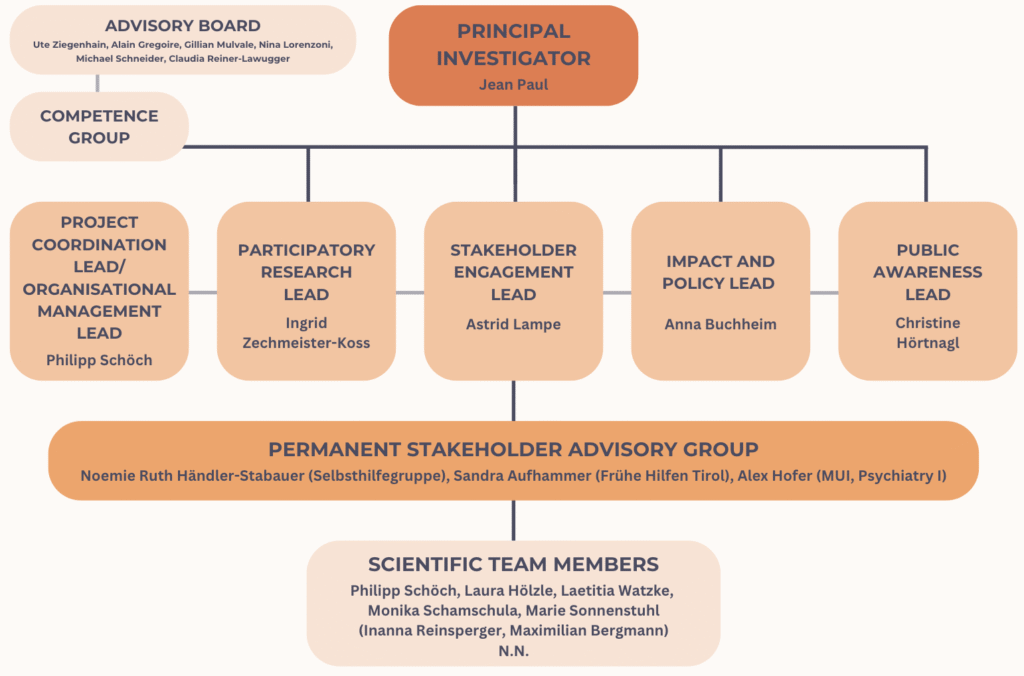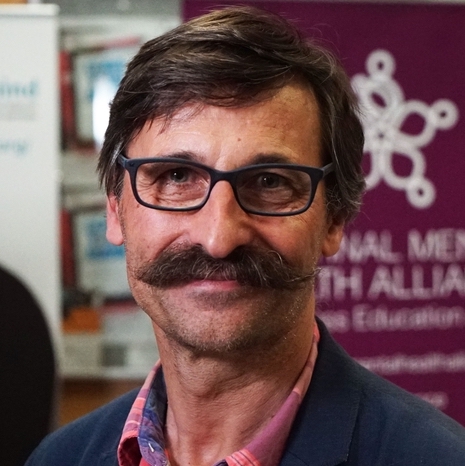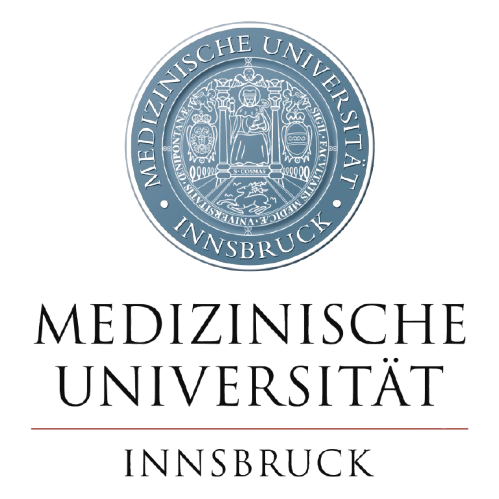

ADVISORY BOARD
The Scientific Advisory Board (= Advisory Board, AB) plays an important role in evaluating and ensuring the scientific quality of our research project. The AB is made up of experts in open innovation and mental health, as well as people with lived experience, and also has expertise in participatory research and community engagement. Research activities, strategy and budget as well as communication and awareness are regularly evaluated.


Prof. Dr. Ute Ziegenhain
is Professor of Education, Youth Welfare, Attachment Research and Developmental Psychopathology at Ulm University Hospital and the National Centre for Early Intervention (NZFH). She specialises in the development of prevention measures, attachment research and child protection. In addition, she has extensive expertise in perinatal mental health research.


Dr. Alain Gregoire
is the former chairman and currently honorary president of the MMHA (Maternal Mental Health Alliance). He is a member of the NICE Guideline Development Group on Prenatal and Postnatal Mental Health and has contributed to the development of policies and clinical services at home and abroad. Dr. Gregoire strives to ensure that all women have access to mental health care during pregnancy and postnatal that is at least as good as physical health care. A Perinatal Psychiatrist Emeritus and Honorary Senior Lecturer at the University of Southampton, he founded and directs the Hampshire Perinatal Mental Health Service.


Prof. Dr. Gillian Mulvale
is an Associate Professor of Health Policy and Management at McMaster University’s DeGroote School of Business and a member of the Centre for Health Economics and Policy Analysis (CHEPA). As a health economist, she works with co-design methods for shaping health policy for vulnerable groups in Canada. She presented new approaches to co-design service improvements for Indigenous mental health care in Canada.


Dr. med. univ. Claudia Reiner-Lawugger
is a senior psychiatrist at the Ottakring Clinic and is one of the leading professionals in the field of perinatal mental health (PIMH) in Austria. The Ottakring Clinic offers specialized outpatient care for peripartum mental illnesses . With extensive practical experience, Dr. Reiner-Lawugger knows the situation and challenges of peripartum psychiatry in Austria exactly and thus also plays a central role in the further development and improvement of the care of affected women


Dr. Nina Lorenzoni
is an expert in the field of health research. Her work focuses on the development and application of innovative methods to improve healthcare and promote the patient perspective. She has extensive experience in conducting research projects on health care and policy, in particular in the analysis and design of health systems.


Dr. Michael Schneider
is head of the Department of Psychiatry and Psychotherapy 2 at the LKH Graz II, South Location. In addition to his extensive experience in the psychiatric community, he is passionate about putting the needs of his patients at the center of his work by developing individual treatment plans together with his team and promoting continuous education and training. His goal is to further develop the department along the three pillars of modern psychiatry – biological, social and psychological.
COMPETENCE GROUP
The Competence Group (CG) consists of experts with lived experience, i.e. mothers and/or fathers who suffer or have suffered from a perinatal mental illness. The CG advises and reflects on the planned measures and research activities with the research group. This is intended to ensure the involvement of those affected throughout the research process and to represent their voice in research. The CG meets monthly with the research group.
PERMANENT STAKEHOLDER ADVISORY GROUP
This group consists of stakeholders who are active in a continuous advisory capacity throughout the project period . They provide guidance, feedback, and input to the project team based on their expertise and perspectives. The role of the advisory group is to contribute expertise, ensure stakeholder representation and contribute to decision-making processes to ensure that the project is aligned with the needs and interests of relevant stakeholders.

PRINCIPAL INVESTIGATOR
The Principal Investigator (= project leader) leads the research group and is responsible for the coordination and handling of research activities as well as for budget and personnel matters. Twice a year, the project leader submits a progress report to the AB on the research group and the planned activities.
PROJECT COORDINATION / ORGANISATIONAL MANAGEMENT LEAD
The Project Manager (= Project Coordination Lead) is responsible for coordinating and managing various aspects of the project to ensure effective organization and smooth running within the project. This includes, for example, ensuring effective communication and collaboration between team members and managing resources and schedules.

PARTICIPATORY RESEARCH LEAD
The head of the Participatory Research Unit focuses on the research process and actively involves stakeholders such as community members, patients or other relevant groups in the research process. He or she works closely with these stakeholders to ensure that their perspectives, experience and expertise are integrated into research design, data collection, analysis and interpretation.
STAKEHOLDER ENGAGEMENT LEAD
The lead of Stakeholder Engagement Unit focuses on stakeholder engagement throughout the project. He or she builds and maintains relationships with stakeholders such as community organizations, policymakers, or health care providers. His/her role is to ensure effective communication, collaboration and meaningful stakeholder participation in decision-making processes, project activities and the dissemination of research results.
IMPACT AND POLICY LEAD
The head of the Impact and Policy Unit evaluates the impact of the project by assessing the results and the associated impact on different stakeholders and target groups. He or she also analyzes policy implications of the research results and advocates for the integration of these findings into relevant planning, practices, or interventions. The aim is to ensure that the results of the project have a tangible and lasting impact.
PUBLIC AWARENESS LEAD
The head of the Public Awareness Unit (= Public Awareness Unit Lead) is responsible for raising public awareness of the project and its relevance. He or she will develop and implement communication and outreach strategies to disseminate the project results, engage the public, and promote understanding and support for the project’s goals. Activities include organizing events, creating educational materials, using media channels, and interacting with the public through various platforms.

